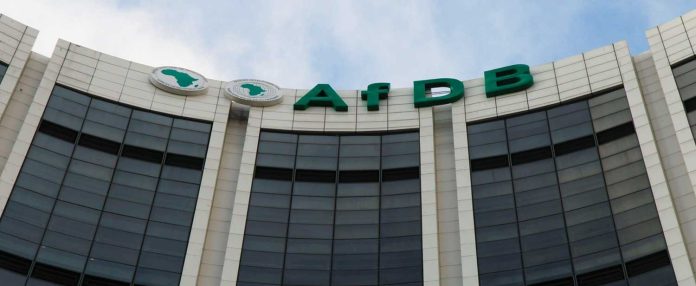The African Development Bank (AfDB) has warned that Africa is losing more than $580bn every year through corruption and illicit capital outflows, a financial haemorrhage that continues to undermine the continent’s economic progress while worsening its nearly $2trn debt burden.
AfDB President, Dr Akinwumi Adesina, disclosed this in an interview with Bloomberg, stressing that the scale of the losses far outweighs the continent’s ability to mobilise resources for infrastructure and development projects. He likened the situation to pouring water into a leaking bucket, saying Africa must urgently plug the leakages to safeguard its future.
“It doesn’t matter how much water you pour into a bucket if the bucket is leaking. If you’re able to reduce the leakages to illicit capital, corruption and all of these things, Africa will be able to keep a lot of these resources and meet the amount of infrastructure it needs,” Adesina said.
According to AfDB estimates, Africa loses about $1.6bn every single day to financial leakages, comprising illicit financial flows, profit-shifting by multinationals, and corruption.
The breakdown shows annual losses of $90bn from illicit flows, $275bn through profit-shifting, and $148bn siphoned off due to corruption.
These losses come at a time when the continent faces an annual infrastructure financing gap of up to $170bn, even as debt-servicing costs climb to unsustainable levels. Instead of channelling resources into roads, power, and industrial growth, many governments are locked into rising debt repayment obligations.
A joint study by the Boston University Global Development Policy Centre and the Institute for Economic Justice found that debt servicing across Africa has risen to its highest level since the early 2000s debt crisis.
Alarmingly, more than half of African governments now spend more on interest payments than on public healthcare, further exposing the trade-off between debt and development.
Adesina emphasised that while concessional financing and debt restructuring remain important, curbing corruption and illicit outflows is the most critical step to protect Africa’s resources and reduce dependence on borrowing.






